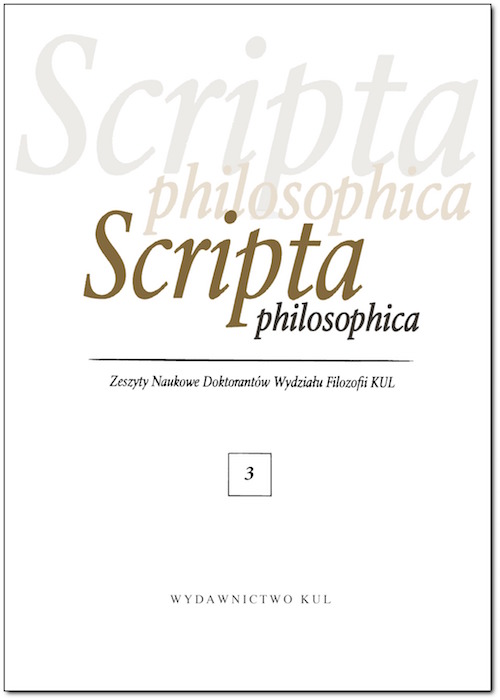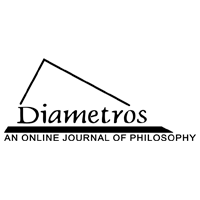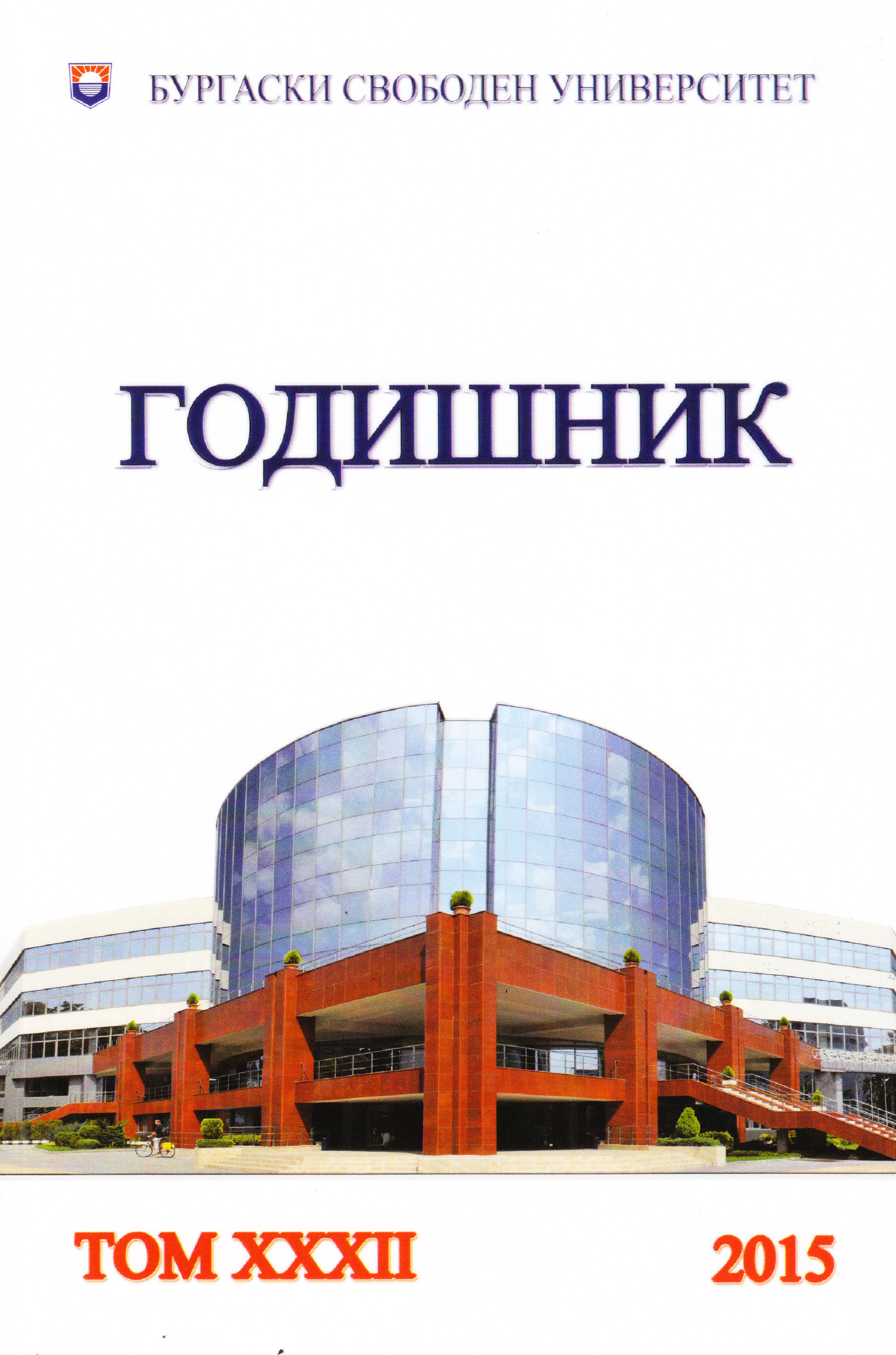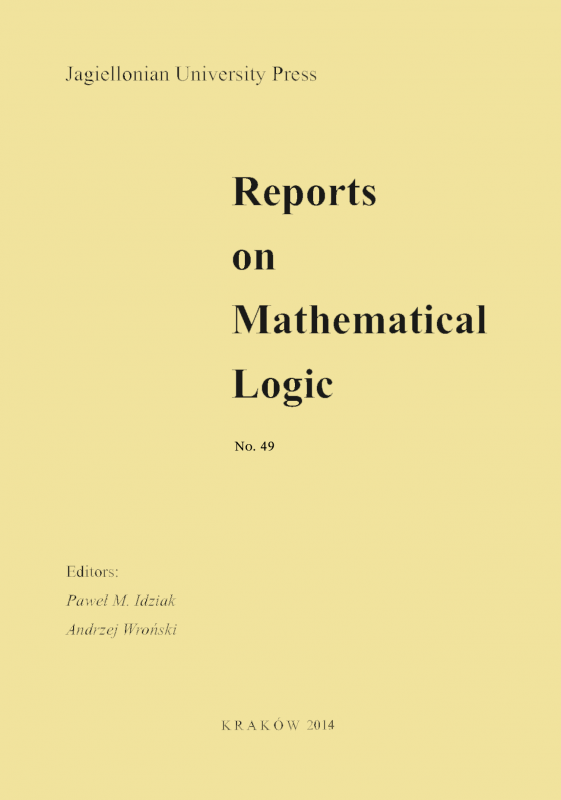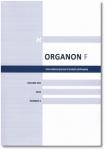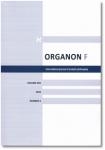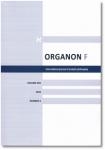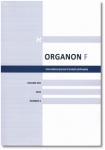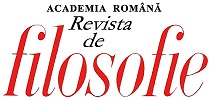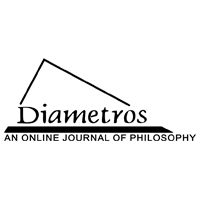
Uwagi o arytmetyce Grassmanna
Hermann Grassmann’s 1861 work [2] was probably the first attempt at an axiomatic approach to arithmetic (of integers with a distinguished subset of positive ones). The historical significance of this work is enormous, even though the set of axioms has proven to be incomplete. Basing on the interpretation of Grassmann’s theory provided by Hao Wang in [4], I present its detailed discussion, define the class of models of Grassmann’s arithmetic and discuss a certain axiom system for integers, modeled on Grassmann’s theory. At the end I propose to modify the set of axioms of Grassmann’s arithmetic, which consists in adding an elementary sentence and removing a non-elementary one. I prove that after this modification the only model of the theory up to isomorphism is the standard model.
More...
